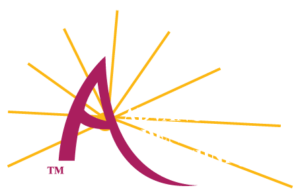
A misaligned bite can cause problems with your TMJ, leading to jaw pain, muscle aches and headaches. Broken and cracked teeth can also be caused by a bite that is hitting too hard in certain areas. An occlusal adjustment evens out your biting force so that no single area is taking all of the pressure. Your Wayne dentist uses computerized, advanced technology to determine the areas that need correction. Dr. Breiterman has completed advanced training in the treatment and management of TMJ disorders and the physiology of head and neck muscle systems, allowing him to adjust your biting surfaces for ideal occlusion.
Dr. Breiterman has advanced training in the use of BOTOX®. BOTOX® therapy can be used to reduce the muscle contractions experienced by patients with TMJ disorders and for those with “gummy” smiles.
Advanced Dental Techniques
